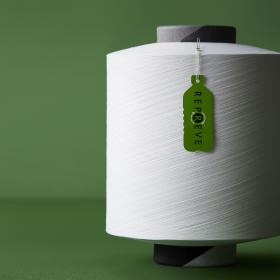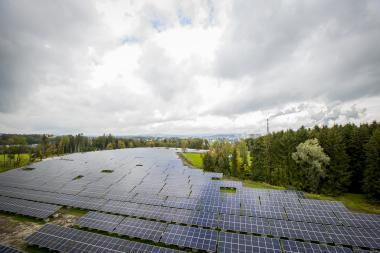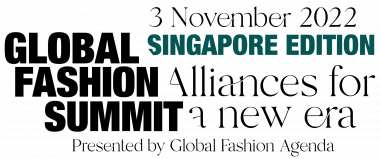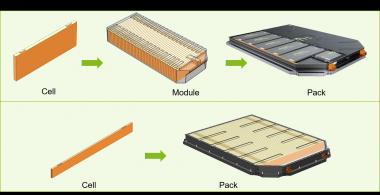FET wet spinning system selected for major fibre research programme
Fibre Extrusion Technology Limited (FET) of Leeds, England has installed a FET-200LAB wet spinning system at the University of Manchester which will play a major part in advanced materials research to support sustainable growth and development.
This research programme will be conducted by The Henry Royce Institute, which operates as a hub model at The University of Manchester with spokes at other leading research universities in the UK.
The Henry Royce Institute identifies challenges and stimulates innovation in advanced UK materials research, delivering positive economic and societal impact. In particular, this materials research initiative is focused on supporting and promoting all forms of sustainable growth and development.
These challenges range from biomedical devices through to plastics sustainability and energy-efficient devices; hence supporting key national targets such as the UK’s zero-carbon 2050 target.
FET-200 Series wet spinning systems complement FET’s renowned range of melt spinning equipment. The FET-200LAB is a laboratory scale system, which is especially suitable for the early stages of formulation and process development. It is used for processing new functional textile materials in a variety of solvent and polymer combinations.
In particular, the FET-200LAB will be utilised in trials for a family of fibres made from wood pulp, a sustainable resource rather than the usual fossil fuels. Bio-based polymers are produced from biomass feedstocks such as cellulose and are commonly used in the manufacture of high end apparel. The key to cellulose and other materials like lyocell and viscose is that they can be recycled, treated and fed back into the wet spinning system for repeat manufacture.
Established in 1998, FET is a leading supplier of laboratory and pilot melt spinning systems with installations in over 35 countries and has now successfully processed more than 35 different polymer types in multifilament, monofilament and nonwoven formats.
DAVID STEAD PROJECT MARKETING LTD































